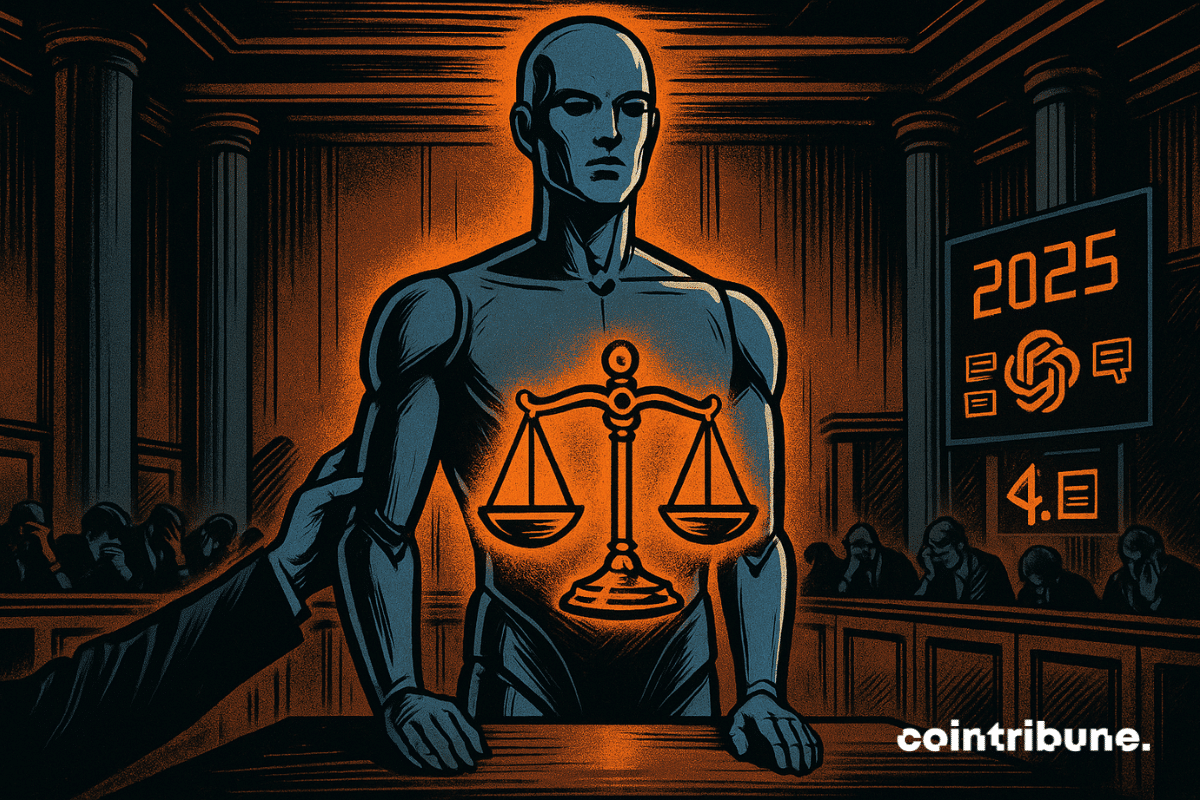Italy Wants a Digital Euro – But Not at Its Own Expense
Key Takeaways
- Italy’s banking sector supports the ECB’s digital euro but wants costs shared over time.
- The project could launch in 2029, with a pilot phase in 2027, pending EU approval.
- Italy advocates a dual system, combining ECB-issued and commercial digital currencies.
- Germany and EU conservatives are pressing for a scaled-down, low-risk version.
The Italian Banking Association (ABI) has declared support for the European Central Bank’s digital euro, but insists that the rollout must not saddle commercial banks with massive upfront costs.
During a media briefing this week, Marco Elio Rottigni, the ABI’s general manager, described the digital euro as “a milestone for European digital sovereignty.” Yet he warned that the financial burden of setting up the infrastructure needed to make the system work cannot rest entirely on banks’ shoulders.
“It’s a project that embodies sovereignty, but also one that comes with heavy expenses,” Rottigni said, calling for investment costs to be distributed gradually as the system develops.
A Divided Europe on the Path to 2029
The digital euro — envisioned as a central bank–issued currency available to all EU citizens — remains years away, but momentum is building. EU finance ministers and ECB President Christine Lagarde recently reached a compromise deal with European Commissioner Valdis Dombrovskis to clarify how the project will move forward.
Under the agreement, member states will have a direct role in determining whether the digital euro launches at all, as well as how much digital money individuals can hold, a safeguard meant to calm fears of mass withdrawals from commercial banks.
If lawmakers approve the next round of legislation in 2026, a pilot phase could start by 2027, followed by a full launch in 2029 — positioning Europe as one of the few major economies with a state-backed digital currency in circulation.
Italy’s “Twin System” Vision
Rottigni suggested that Europe should not rely solely on the ECB’s design. Instead, he argued for a twin system — one in which a central bank digital euro coexists with commercial bank–issued digital currencies that could roll out more rapidly.
He pointed to the United States, where policymakers have already introduced the GENIUS Act to regulate stablecoins, as an example of how quickly other financial systems are adapting to digital finance.
READ MORE:
Bitcoin News: Institutional Inflows Slow as Long-Term Holders Sell
Skepticism in the North
Not everyone shares Italy’s enthusiasm. The German Banking Industry Committee, representing the country’s largest lenders, has expressed unease about the implications of a digital euro for traditional banking. Critics argue it could drain deposits and blur the line between central and commercial money.
In Brussels, conservative MEP Fernando Navarrete has also pushed back, proposing a simplified version of the currency limited to offline retail payments. Navarrete insists the digital euro should not replace existing settlement systems used between banks and payment service providers — an area where, he says, the Eurosystem already operates efficiently.
Balancing Innovation With Stability
The debate captures the crossroads at which Europe now stands. The ECB wants a digital euro to strengthen financial independence and modernize cross-border payments, while banking groups worry it could introduce instability or even trigger capital flight during crises.
Italy’s stance reflects a broader tension: how to modernize Europe’s monetary system without dismantling the structure that supports it. The digital euro, still years away from circulation, is shaping up to be as much a political project as an economic one — one that will test the unity of Europe’s financial vision.
The information provided in this article is for educational purposes only and does not constitute financial, investment, or trading advice. Coindoo.com does not endorse or recommend any specific investment strategy or cryptocurrency. Always conduct your own research and consult with a licensed financial advisor before making any investment decisions.
The post Italy Wants a Digital Euro – But Not at Its Own Expense appeared first on Coindoo.
You May Also Like

OpenAI Faces Lawsuit Over Alleged Suicide Cases
Ethereum Foundation undergoes major reforms to its funding program: focusing on strategic tracks and introducing a mentorship program to support founders.
